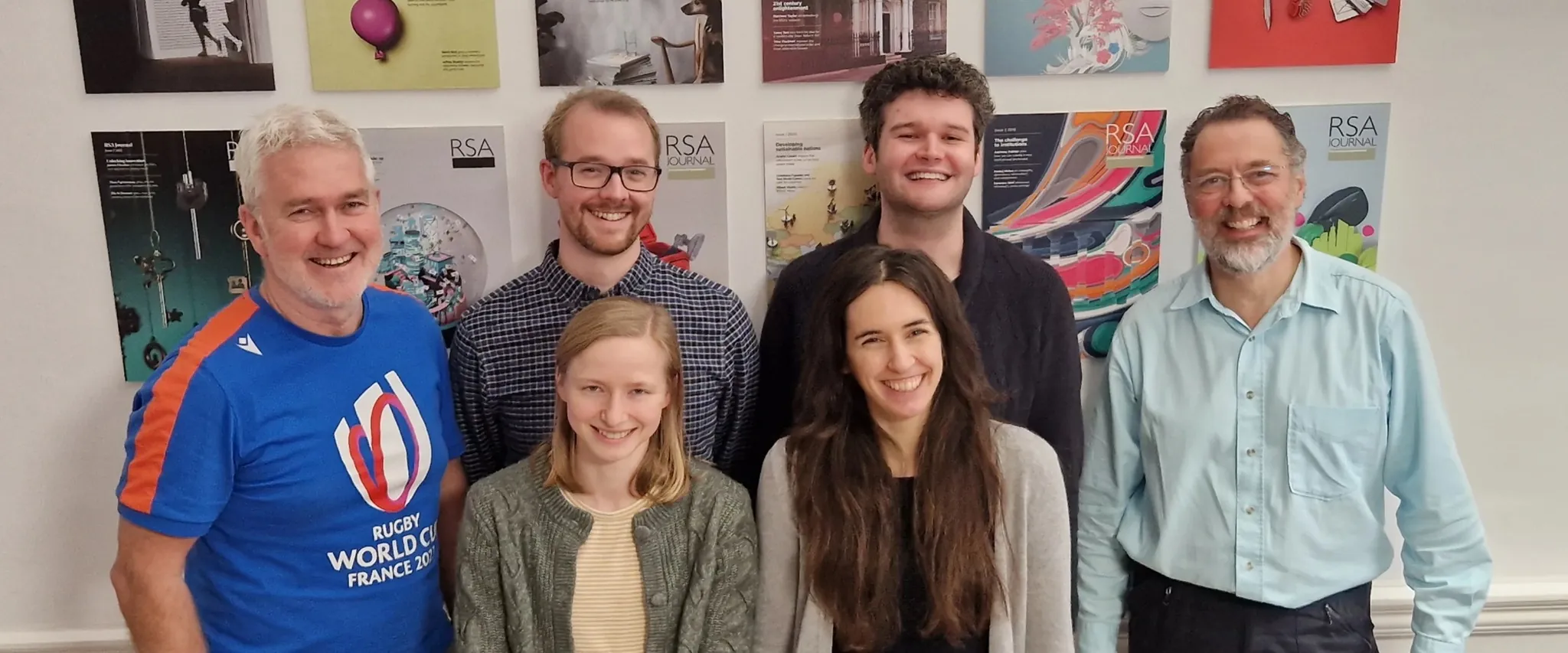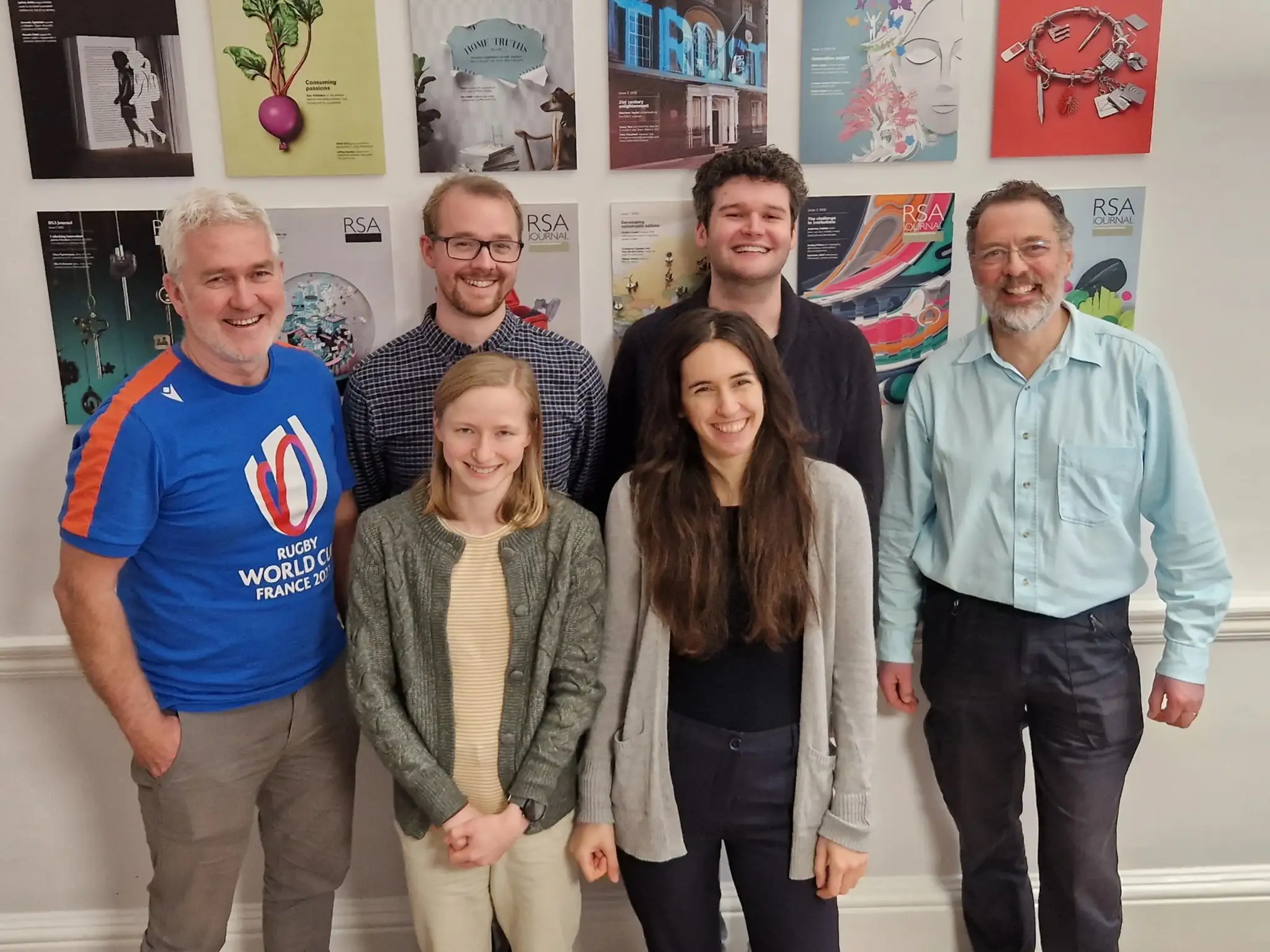

NetZeroNitrogen (NZN), a Nottingham-based AgTech company on a mission to end reliance on synthetic nitrogen fertilisers (SNFs), has raised £5 million in a seed round to make key hires in ASEAN markets, pass certification, and finalise commercial offtake and biomanufacturing agreements.
The round was co-led by World Fund, Europe’s leading climate VC, and Azolla Ventures, a US ClimateTech VC investing in companies with the potential for gigaton-scale climate impact. It brings NZN’s total funding to date to over £6 million, including investment from existing backers Zero Carbon Capital, Revent and Kibo Invest, in addition to early support from the UK’s innovation agency, Innovate UK. Ananke also joined as a new investor.
NZN was launched in 2022 by biologists Gary Devine (CSO), Alan Burbidge (Head of Corporate Affairs) and former Red Arrows pilot-turned-entrepreneur Justin Hughes (CEO). The team is developing a biofertiliser (bioinoculant) that uses endophytic bacteria that colonise the plant, delivering a wide range of benefits.
Field trials reportedly show that a single application of the product can significantly reduce farmers’ use of SNF, increase yields, and improve crop visual quality.
Because NZN’s product involves no genetic modification (GM), the company says it has an edge over competitors: it complies with EU regulations and has a clear global regulatory pathway. It is also reportedly easy to apply and does not require any new farm machinery, allowing farmers to cut costs while decarbonising processes.
NZN is offering a solution to an industry that is a bigger carbon emitter than aviation: traditional nitrogen-based synthetic fertilisers. The widespread Haber-Bosch process was invented over a century ago, helping millions avoid famine by creating ammonia from fresh air. The process still feeds 50% of the world’s population, but it reportedly has a devastating climate impact. Production and use of SNF is one of the largest sources of greenhouse gas (GHG) emissions today, accounting for 2% of total GHG emissions, and emitting 8 million metric tons of nitrous oxide (N₂O) – a GHG nearly 300 times more potent than CO₂ – every year.
The company says that SNFs have also left soil microbiomes in a dire state, made waterways toxic, and contributed to biodiversity loss.
NZN offers a cost-effective alternative, at the right time: McKinsey expects the fertiliser market to grow around 2.1% per annum, and World Fund calculations suggest NZN delivers an 88% reduction in fertiliser production emissions compared to SNFs.
The company, which employs nine people, is now in product trials and plans to go to market in 2026.